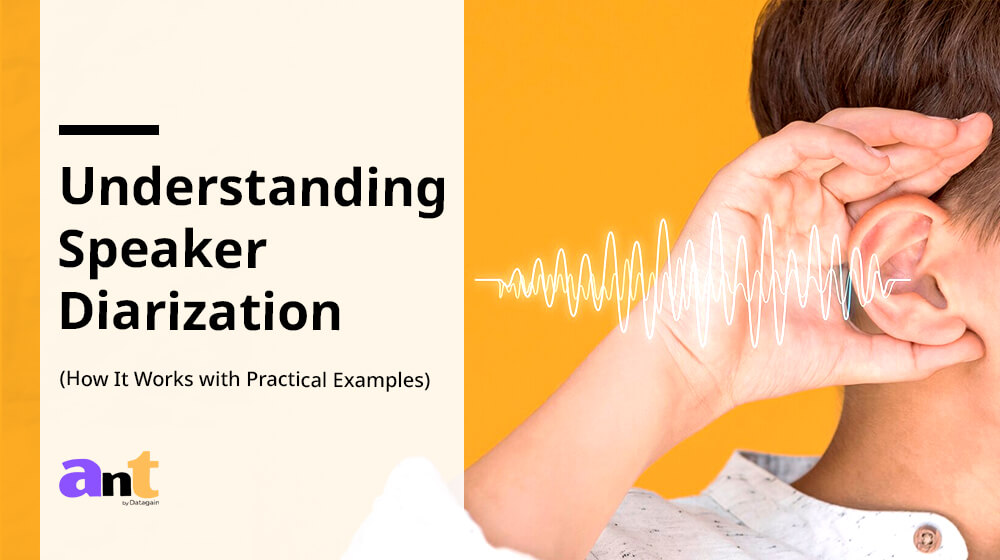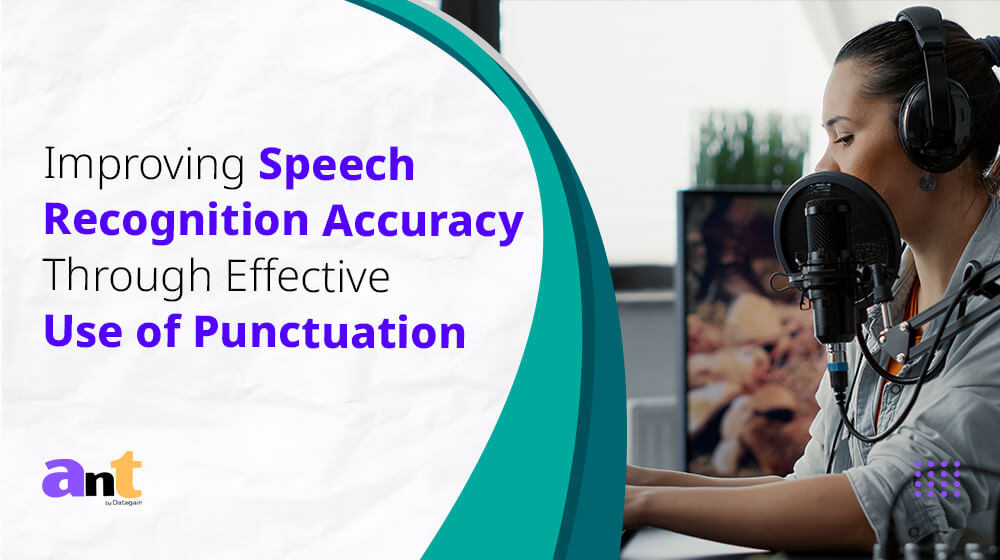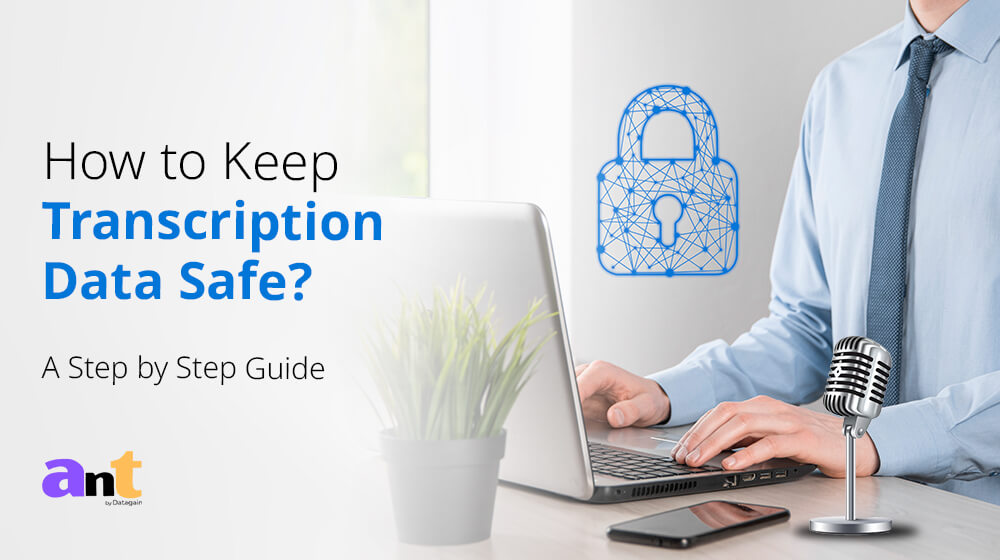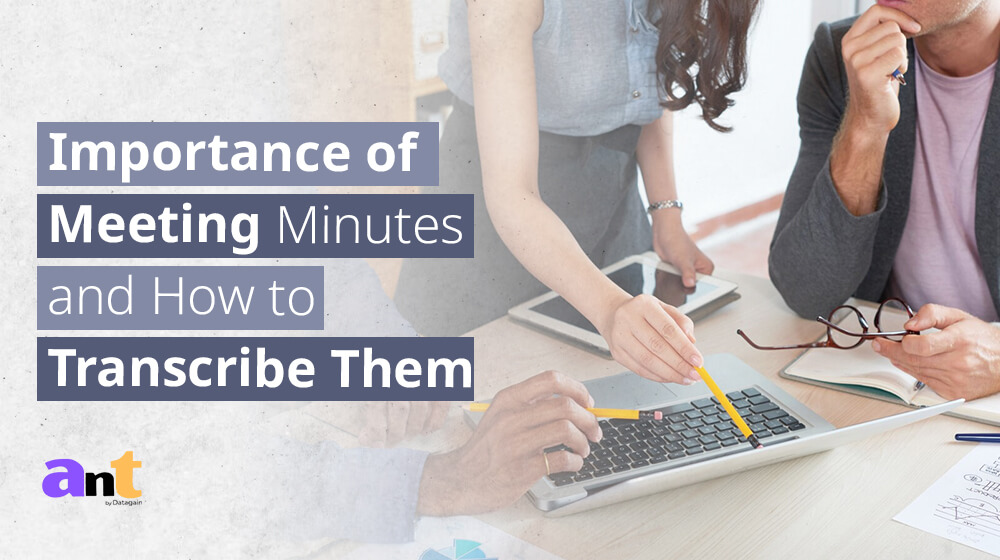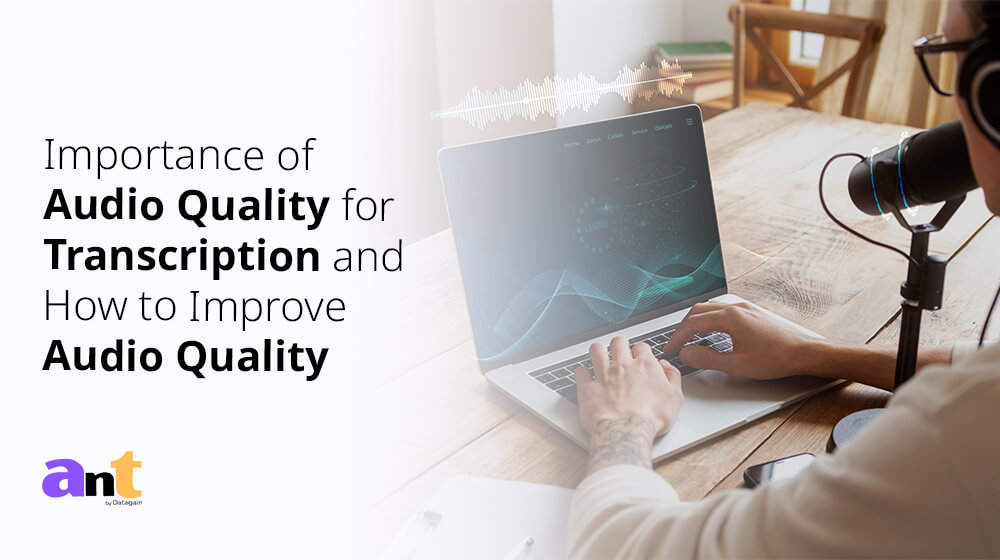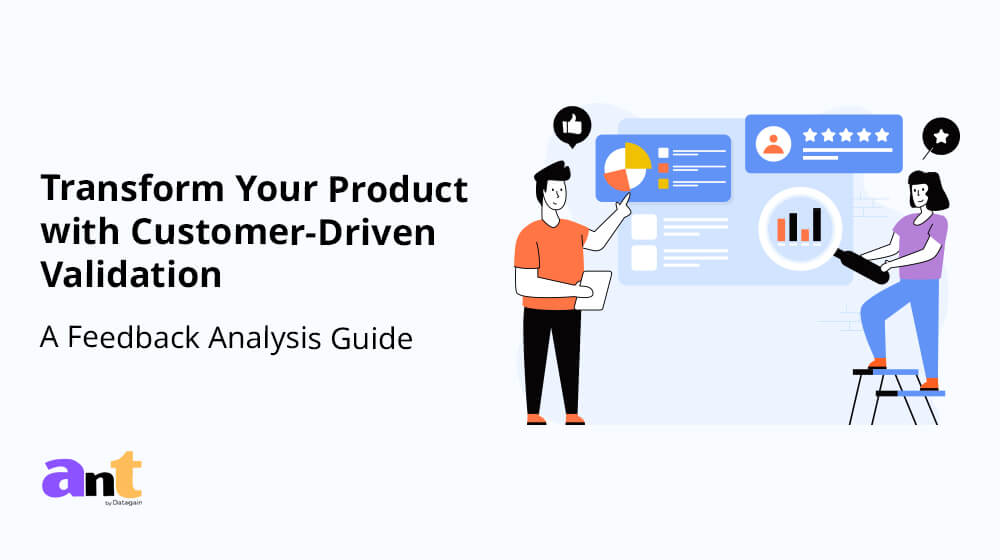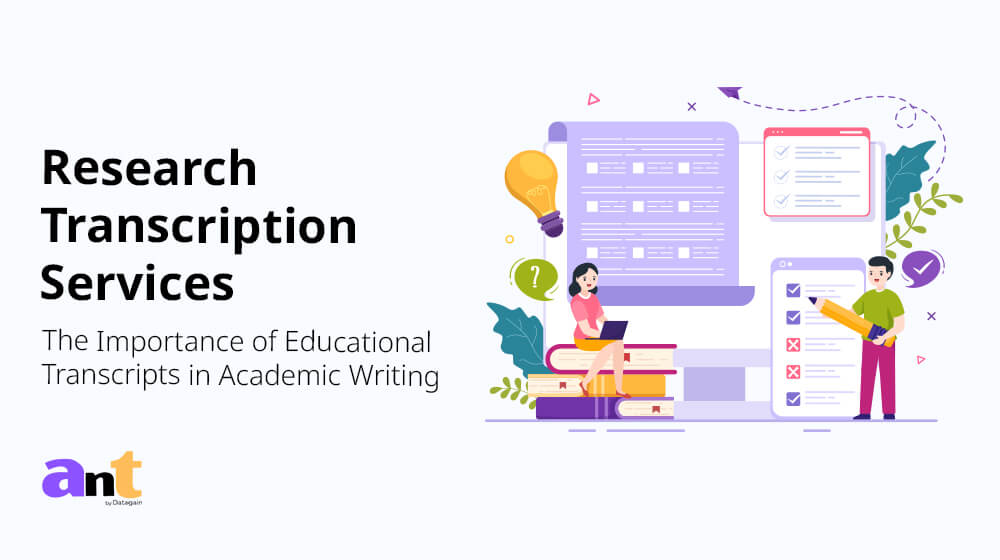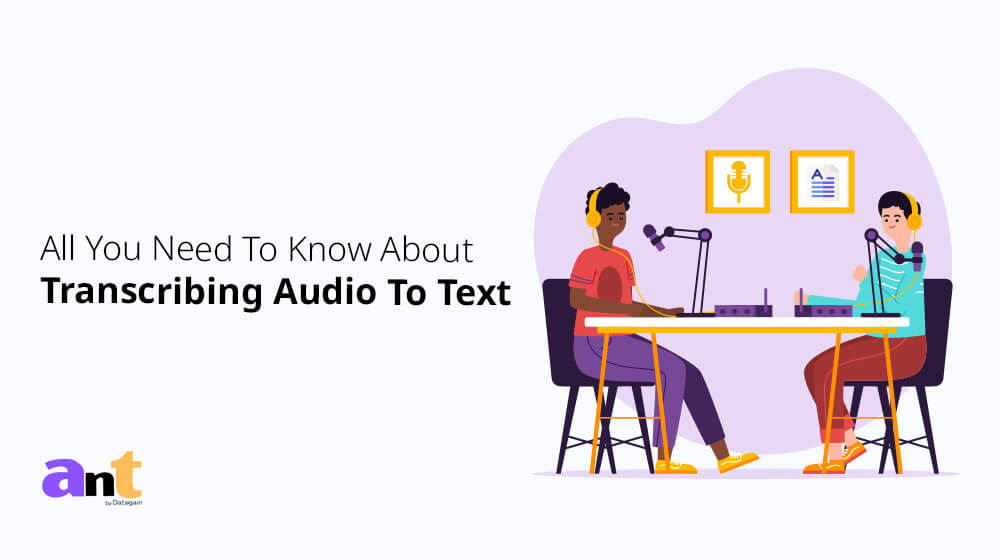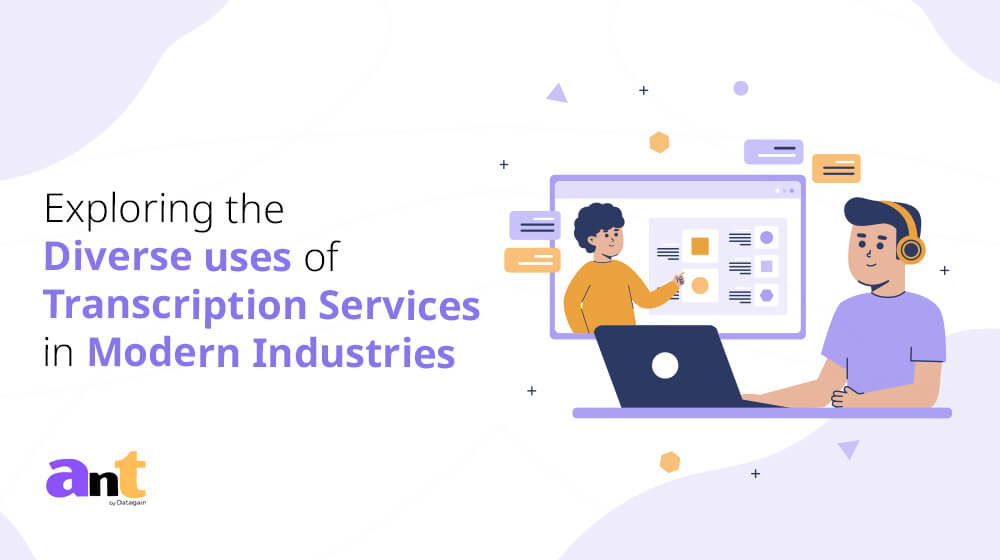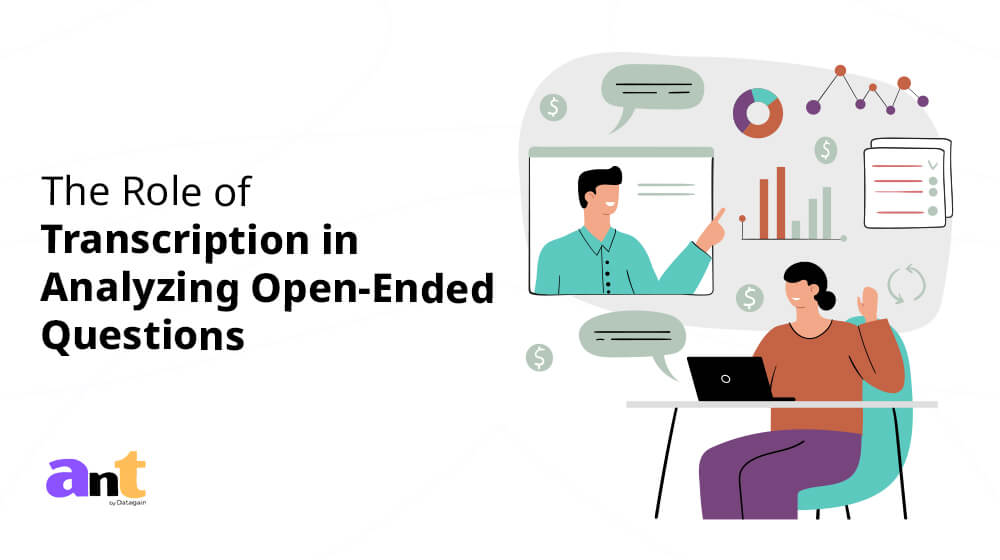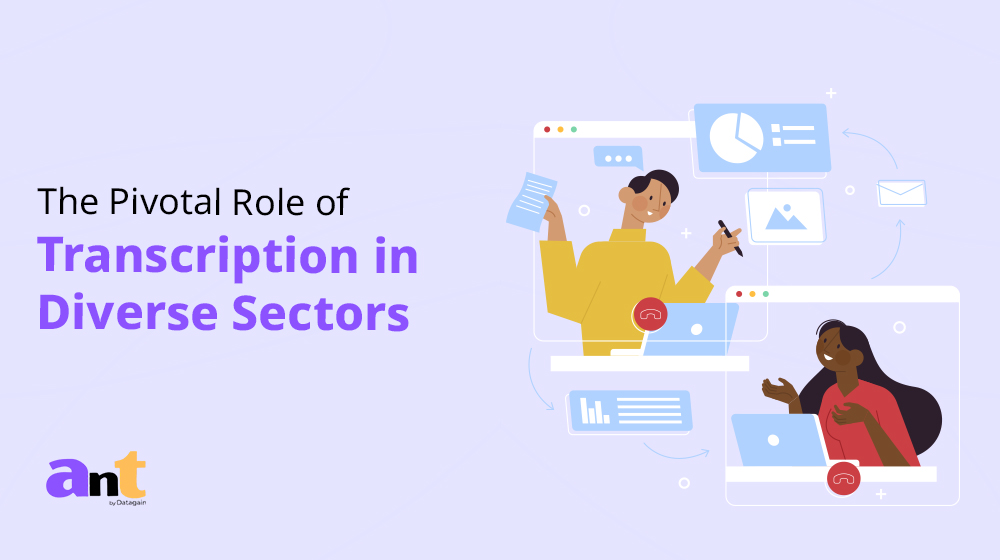You must have heard open-ended questions quite a lot and it may seem a complex term, but it isn’t. Here, we will learn the meaning of the open-ended question, plus its advantages & disadvantages.
What are open-ended questions?
Open-ended questions are those you cannot answer with a simple “yes” or “no.” They need more thought and elicit more detailed responses. They play an important role in qualitative research, as they can help to uncover deeper thoughts.
Advantages of open-ended questions
Detailed responses
Open-ended questions are the best way to get a clear response from people. They allow the person being questioned to elaborate on their answer, providing more information than just a simple yes or no.
Open-ended responses can bring you a lot of insight into what your customers are thinking and feeling. It can further help you build a strong rapport and trust in your customer’s eyes
Deep customer insights
These customer insights help formulate a strong customer loyalty base. Although there are many third-party data and predictive models available to fetch customer insights, there is nothing as deep and personalized as open-ended questions. You can source real-time responses and derive quantitative-to-qualitative patterns from them.
Sentiment and opinion analysis
In open-ended questions, users share what they optionally feel about any service. They do not just compete with the formality by answering with a yes or no. They portray their feelings or candid opinions. It further helps businesses decode customers’ sentiments. Opinion and sentiment research further assists business form a customer-centric business strategy.
Brings demographic data
Demographic data plays a pivotal part in analyzing customers’ demeaned and forming a strategic approach for branding. Open-ended questions are an important tool for collecting demographic data. They allow respondents to provide detailed information about themselves, including their age, gender, race, and ethnicity. This information is critical for understanding the composition of the population and for designing policies and programs that meet the needs of all groups.
Qualitative research
Open-ended questions bring free-flowing responses particularly useful in research settings. For example, You wish to execute an exploratory study on the loopholes of your services. You can then prepare a survey or form mentioning questions like what are our services which you don’t like, what suggestions would you give us to improve our functioning, etc. These questions will bring what setbacks regarding your services are there in your customer’s minds. From probing respondents’ attitudes, beliefs, and experiences to collecting rich data, open-ended questions support qualitative studies in every possible way.
Disadvantages of open-ended questions
Time-taking
Open-ended questions are usually laborious and eat up a good time portion. They require more effort to answer than closed-ended questions. They expect the person being interviewed to think and reflect on their answers, which can take a while.
Difficult analysis
Open-ended questions are difficult to analyze because they can be interpreted in many different ways. It can make it hard to determine what the question is actually asking, and how to best answer it. Moreover, open-ended questions can be difficult to quantify, which can make it difficult to determine if the question is being answered correctly. Also, the open-ended questions invite irrelevant responses too which further makes analysis hard.
Hard to fetch responses
We live in a world filled with endless hustle and bustle, and seeking someone’s attention is probably the hardest thing one can do. Users generally ignore open-ended questions because they don’t want to spend time answering them. But it doesn’t mean that open-ended questions are useless; With the right strategy, you can excel in asking them. The best way to ask an open-ended question is to be specific and give as much detail as possible.
Are open-ended questions better than close-ended questions?
There is no simple answer to this question. It depends on the situation and what information you need. Open-ended questions are pretty useful for exploring someone’s thoughts and feelings, or for gathering comprehensive information. Close-ended questions are valuable for getting specific information or for making comparisons.
If you are looking for reliable help to analyze responses to open-ended questions then connect with ANT. Get your custom quote today and get incredible benefits.
If you are looking for reliable help to analyze responses to open-ended questions then connect with ANT. Get your custom quote today and get incredible benefits.


